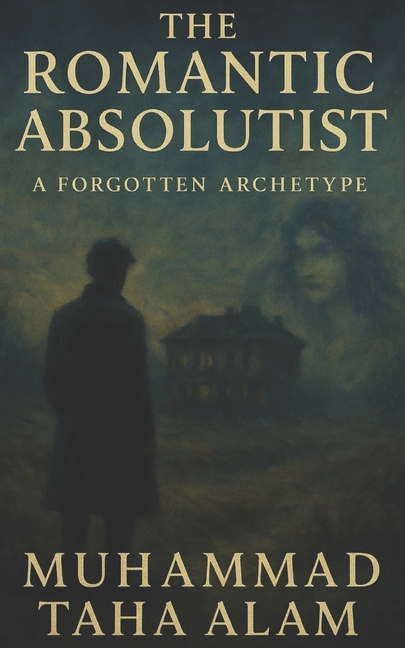Description
A Forgotten Archetype
By Muhammad Taha Alam
"In every century, he appears-haunted by beauty, destroyed by reality."
Across centuries and cultures, a certain type of character has appeared again and again in literature-restless, idealistic, and tragically unyielding. He is not the Byronic rebel, nor the sentimental dreamer. He is something rarer, and more radical: a man structured by vision, undone by reality.
This book calls him the Romantic Absolutist-a figure who appears in the pages of Werther, Wuthering Heights, Le Grand Meaulnes, and The Great Gatsby, and yet is not reducible to any one of them. He is a pattern we have forgotten how to read. A hunger for the infinite in a world that no longer believes in the absolute.
He wears many faces across literature-Werther's aching sincerity, Heathcliff's violent refusal, Meaulnes's nostalgic drift, Gatsby's dazzling illusion. But beneath each, the same soul stirs: a man out of joint with time, longing not for what is, but for what was possible. He does not evolve. He remembers.
These figures belong to the modernist tradition-not as innovators of form, but as embodiments of its spiritual crisis: fractured selves longing for unity in a disenchanted world.
In this groundbreaking literary study, Muhammad Taha Alam traces the metaphysical longing, emotional extremity, and philosophical refusal that define this type. The Romantic Absolutist does not adapt. He remembers. He refuses. And in doing so, he exposes the spiritual cost of modern life.
"He does not want what others want. He wants what no longer exists. And he wants it not as memory, but as presence."
For those who have ever felt out of step with the world-not out of pride, but out of grief-this book is a recognition. Not a manual for living, but a map of a forgotten soul.
Product Details
- Jun 20, 2025 Pub Date:
- 9798288486807 ISBN-10:
- 9798288486807 ISBN-13:
- English Language




